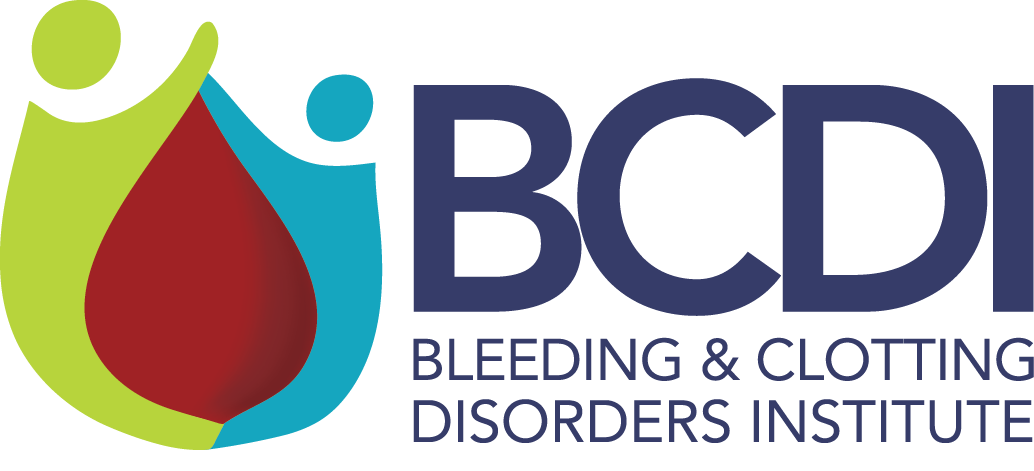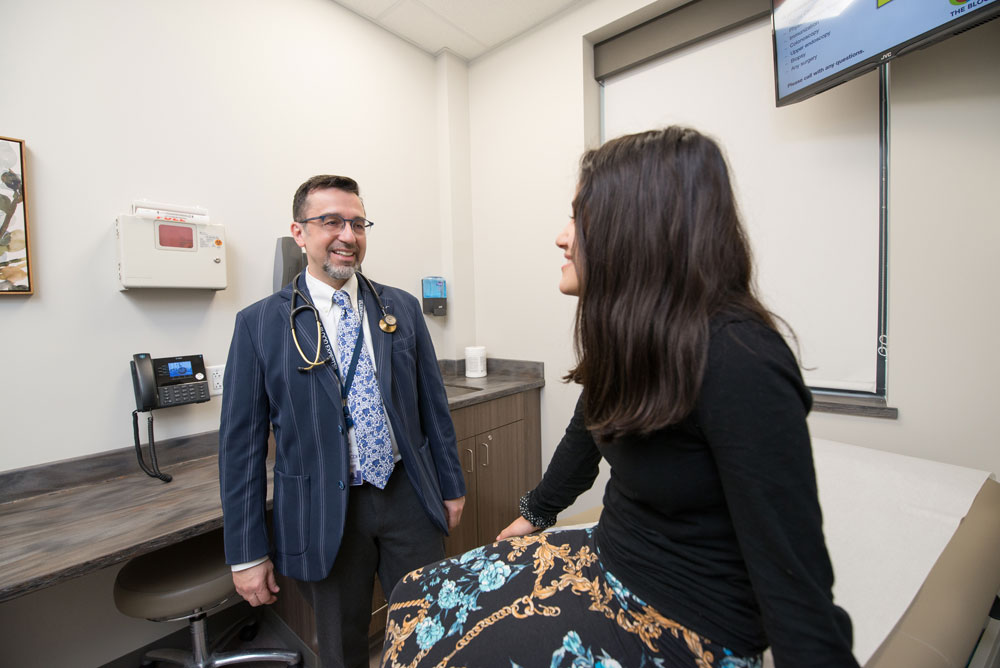Anemia is a condition in which your blood has a lower than normal number of red blood cells. It can also occur if your red blood cells don’t contain enough hemoglobin, an iron-rich protein that gives blood its red color. This protein helps red blood cells carry oxygen from the lungs to the rest of the body.
Blood is made up of many parts, including red blood cells, white blood cells, platelets and plasma (the fluid portion of blood).
- Red blood cells are disc-shaped, carry oxygen and remove carbon dioxide (a waste product) from your body. These cells are made in the bone marrow (a sponge-like tissue inside the bones).
- White blood cells and platelets also are made in the bone marrow. White blood cells help fight infection. Platelets stick together to seal small cuts or breaks on the blood vessel walls and stop bleeding.
With some types of anemia, you may have low numbers of all three types of blood cells.

